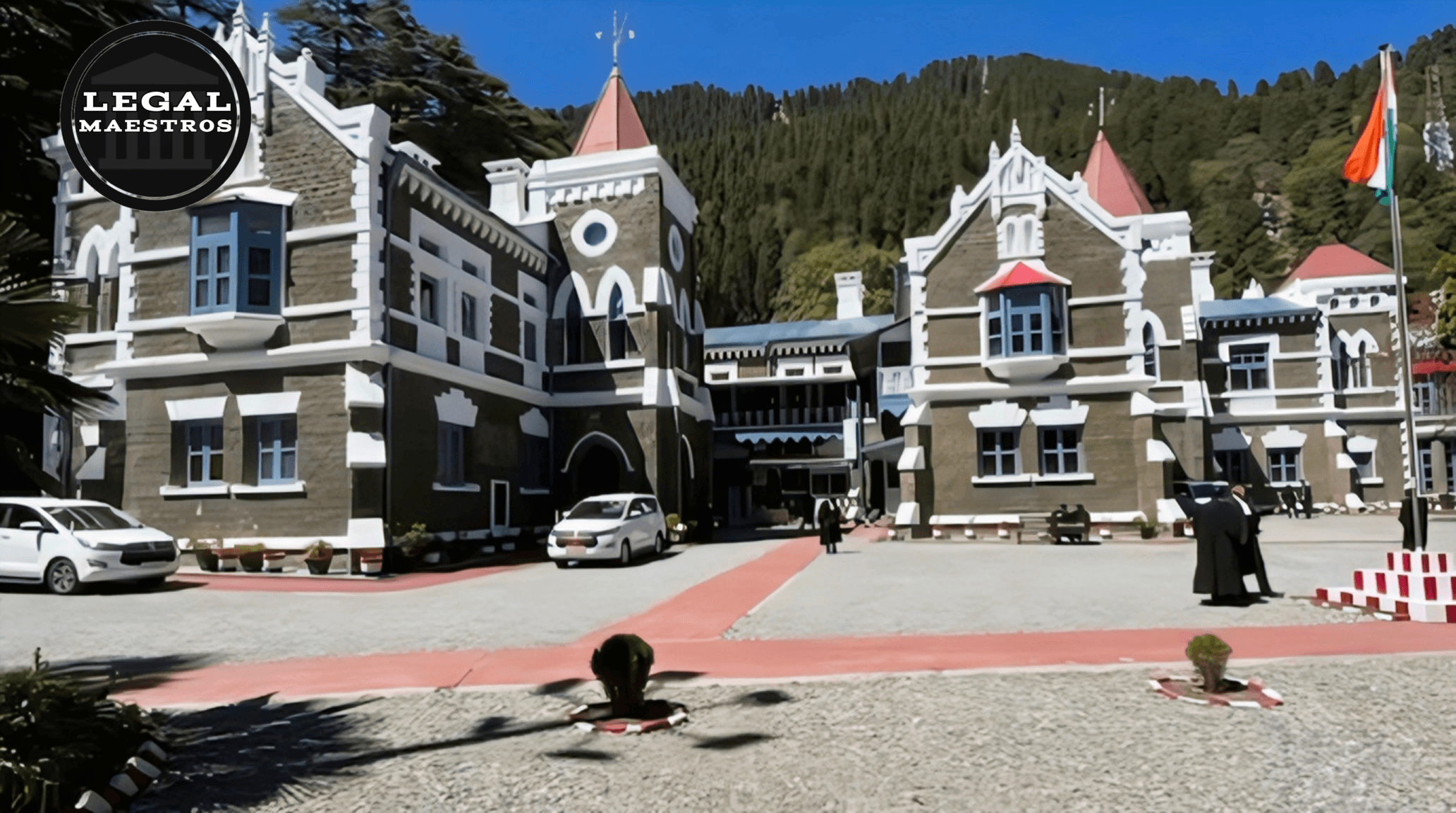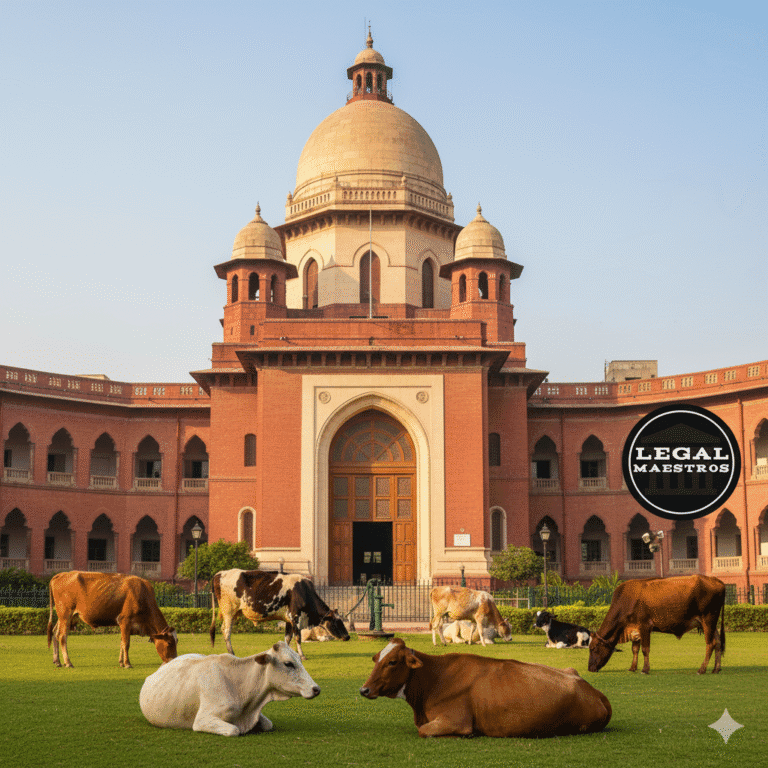
It was a Criminal Misc Application No. 118 of 2025, that was heard on June 3, 2025, before the High Court of Uttarakhand. Some of the petitioners included Patanjali Ayurved Ltd. and its directors who moved court seeking to set aside the order inviting them in Criminal Case No. 3892 of 2024. They sought to discontinue the process that was initiated due to advertisements that were described as misleading Ayurvedic products under the Drugs and Magical Remedies (Objectionable Advertisements) Act, 1954.
The Facts
The State filed a case saying that false ads were used to sell several Patanjali medications. The Ministry of Ayush sent letters telling people to take down certain ads. Even though the Bombay High Court put a stop to Rule 170 of the Act, Patanjali took down the ads. Still, the State said that Patanjali’s Twitter account was used to promote the product again in January and February 2024, saying that it worked despite severe circumstances.
Statutory Framework
The petition concerned Sections 3, 4, and 7 of the Drugs and Magical Remedies Act, which criminalises giving false hopes of curing some maladies and suggesting that some drugs can cure them. Section 8 of the Act tells authorized officials how to take away undesirable content. Section 7 says that the punishment for breaking the law is up to six months in jail or a fine. If someone breaks the law again, the punishment goes up to one year. Section 468 of the Criminal Procedure Code says that offenses that may get you up to a year in jail can only be known about for a year after they happen.
For any queries or to publish an article or post or advertisement on our platform, do call at +91 6377460764 or email us at contact@legalmaestros.com.
The Petitioners’ Arguments
Patanjali’s lawyer said that the order to summon was not valid since the crimes in question happened before February 2023, which was more than a year before the April 2024 cognizance. They said that the complaint was not valid since there was no legal seizure under Section 8. The petitioners further said that the cognizance order did not speak and did not name particular false or misleading statements or show how directors were culpable, as required by Section 9 of the Act and Supreme Court precedent on vicarious responsibility.
The Respondent’s Side
The State admitted to making a mistake in spelling the name of the officer who filed the complaint, but they said that the case happened before the Supreme Court’s decision in the Indian Medical Association case. The Deputy Advocate General said that directors were responsible for post-undertaking ads since the Supreme Court had warned them that they may be held in contempt. He said that tweets promoting the business in early 2024 were enough to warrant punishment.
Limitations and mistakes in the process
Justice Vivek Bharti Sharma said that cognizance was taken on April 16, 2024, for crimes that were said to have happened before February 2023. This broke the one-year restriction set by Section 468 CrPC. The court said that putting together a lot of different ads from over two years into one trial broke Section 219(1), which says that no more than three crimes of the same sort may be joined in a trial within twelve months.
For any queries or to publish an article or post or advertisement on our platform, do call at +91 6377460764 or email us at contact@legalmaestros.com.
No Specific Claims or Proof
The court said that the lawsuit didn’t say specific sickness claims were against the law, nor did it explain how any advertising was deceptive. There was no expert assessment with the prosecution to prove that the evidence was false or likely to mislead. Not having a Section 65B certificate for digital tweets made the evidence much less valid. Because of these mistakes, the court didn’t have any evidence to make a prima facie case.
Responsibility of Directors and Vicarious Liability
The court said again that directors may only be held criminally responsible if they can show that they did certain things or had influence over the company’s activities. The orders in question did not connect any specific advertising or decision to the individual petitioners, which goes against the rule that there must be a verbal order on guilt.
The Court’s Decision
The Uttarakhand High Court said that the trial court did not use its judicial mind when it took notice and issued summons. The composite order of April 16, 2024, was not valid because of the limitation bar, procedural errors, lack of statutory seizure, lack of proof, and lack of essential accusations. The court then threw out the summons order and all further actions in Criminal Case No. 3892 of 2024.
For any queries or to publish an article or post or advertisement on our platform, do call at +91 6377460764 or email us at contact@legalmaestros.com.
What the Judgment Means
This decision makes it clear that prosecutors must rigorously follow the law when starting criminal cases under the Drugs Act. This includes following the rules on how long they have to do it and what evidence they need. It makes it apparent that courts must issue speaking orders that clearly connect offenders to the crimes they are accused of. The ruling will be an important example for making sure that public interest prosecutions follow the rules and have enough substance.




![Research Assistantship @ Sahibnoor Singh Sindhu, [Remote; Stipend of Rs. 7.5k; Dec 2025 & Jan 2026]: Apply by Nov 14, 2025!](https://legalmaestros.com/wp-content/uploads/2025/11/Gemini_Generated_Image_s0k4u6s0k4u6s0k4-768x707.png)
![Karanjawala & Co Hiring Freshers for Legal Counsel [Immediate Joining; Full Time Position in Delhi]: Apply Now!](https://legalmaestros.com/wp-content/uploads/2025/11/Gemini_Generated_Image_52f8mg52f8mg52f8-768x711.png)
![Part-Time Legal Associate / Legal Intern @ Juris at Work [Remote]: Apply Now!](https://legalmaestros.com/wp-content/uploads/2025/11/ChatGPT-Image-Nov-12-2025-08_08_41-PM-768x768.png)
![JOB POST: Legal Content Manager at Lawctopus [3-7 Years PQE; Salary Upto Rs. 70k; Remote]: Rolling Applications!](https://legalmaestros.com/wp-content/uploads/2025/11/ChatGPT-Image-Nov-12-2025-08_01_56-PM-768x768.png)